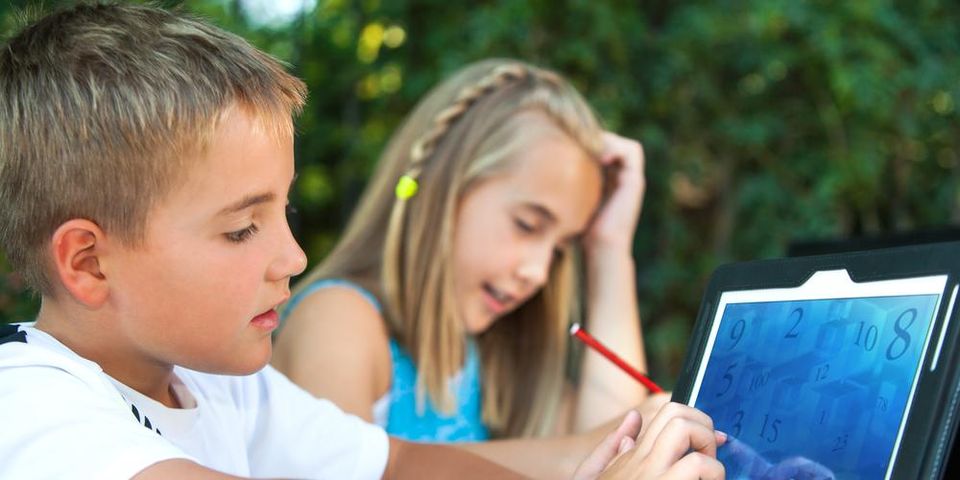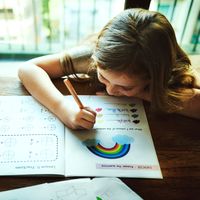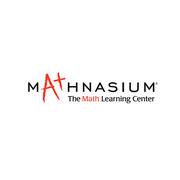
Summer break is a time to play at the beach, enjoy a break from school, and hang out with friends. Your kids can have all this fun and work on some summer math to keep their brains stimulated. But, where should they start? Here, Mathnasium of Smyrna shares what math they can practice throughout the summer.
Encourage Your Kids to Stimulate Their Brains With These 3 Types of Summer Math
1. Foundations & Logic
Algebra, arithmetic, and number theory are all parts of pure math. If you’re looking for summer math to get your kids' brains going and ensure they’re ready to return to school in the fall, they should practice this. Encourage them to do workbooks that retain their problem-solving skills and recall the properties and rules of numbers.
2. Applied Mathematics
 Your child will likely face standardized testing in the future that features applied mathematics. These word questions will require your child to use analysis, observation, and prediction. Parents and guardians can create these situational problems for summer math challenges. Applied mathematics also crosses into science, engineering, and physics, so consider that while creating problems for your child to try.
Your child will likely face standardized testing in the future that features applied mathematics. These word questions will require your child to use analysis, observation, and prediction. Parents and guardians can create these situational problems for summer math challenges. Applied mathematics also crosses into science, engineering, and physics, so consider that while creating problems for your child to try.
3. Geometry
If your kids are old enough to begin studying geometry, keep them practicing throughout the summer. They should work on polynomials and variables and delve into algebraic geometry if they’re ready. For younger kids, start out with naming shapes and counting their sides. Choosing age- and skill-appropriate summer math options is key to helping your child build self-confidence and excel back at school.
Whether your kids struggled last year and could use help catching up, or they’re worried they’ll forget what they’ve learned, consider enrolling them in summer math tutoring. To learn about the programs available in Georgia from Mathnasium of Smyrna, call (770) 436-4949. Visit the website for information on how their specially trained math instructors use individualized assessments to help your child reach their summer math goals.
About the Business
Have a question? Ask the experts!
Send your question

